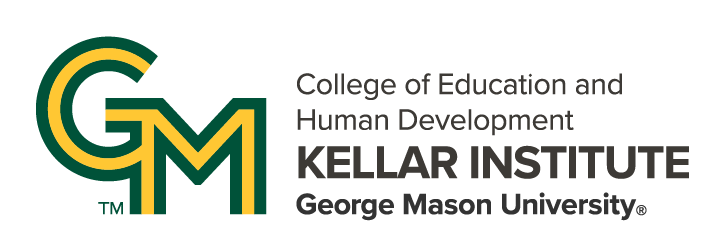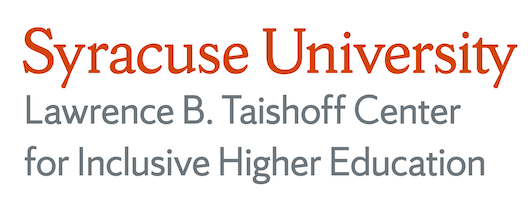Tracking Network Growth of Students with Intellectual Disabilities (ID) and Understanding the Challenges, Expectations, and Realizations of Families in a Postsecondary Program
Tracking Network Growth in a Postsecondary Program
DOI:
https://doi.org/10.13021/jipe.2021.2740Keywords:
social network analysis; postsecondary education; intellectual disabilities; self-determination; employmentAbstract
Social Network Analysis is used to track the growth of students’ network in a PSE from their perspective and their parents’ perspective. Analysis from both perspectives found that while there was an increase in network size and a shift from family-centered networks to more peer centered networks, there was a decrease in density as participants formed distinct clusters in their network, an indication that network characteristics vary geographically based on the level of opportunities available. This mixed-methods study revealed individual and programmatic implications for helping students develop their social networks to increase social capital and improve employment outcomes.
Downloads
Published
How to Cite
Issue
Section
License
Copyright (c) 2021 PATRICIA SPENCER, James P. Van Haneghan, Abigail Baxter, Alexandra Chanto-Wetter, Lindsey Meyer

This work is licensed under a Creative Commons Attribution-NonCommercial-ShareAlike 4.0 International License.




